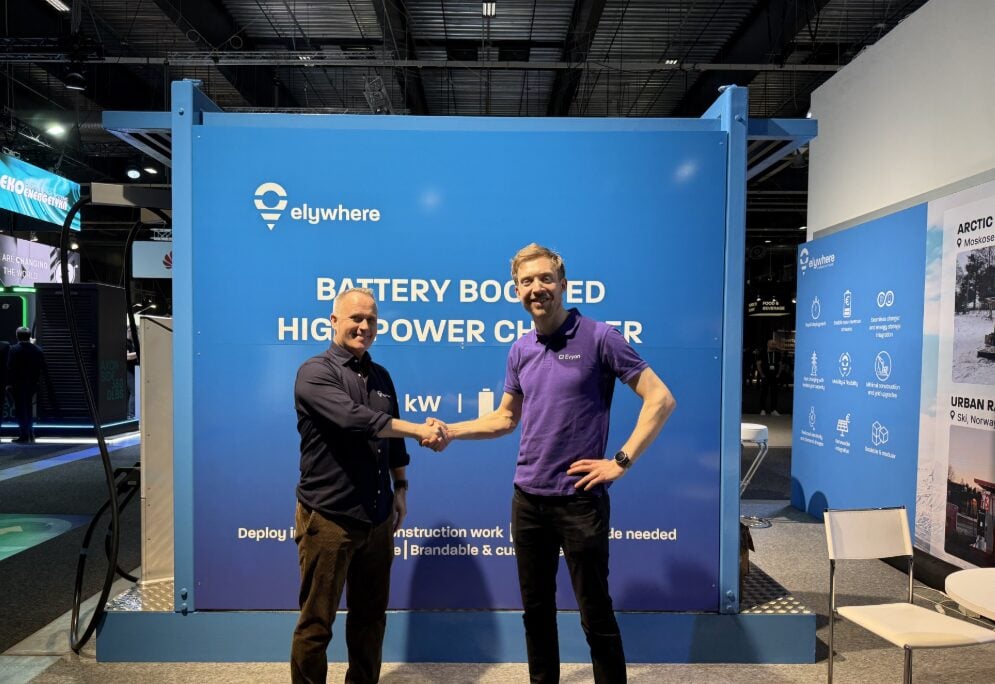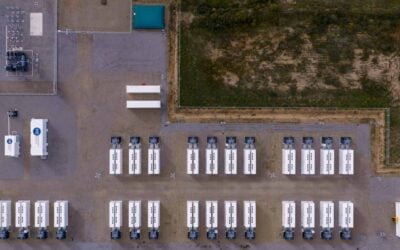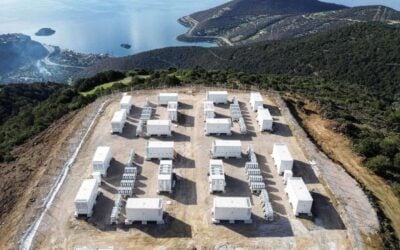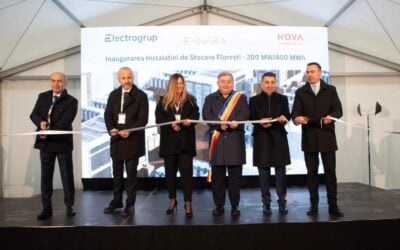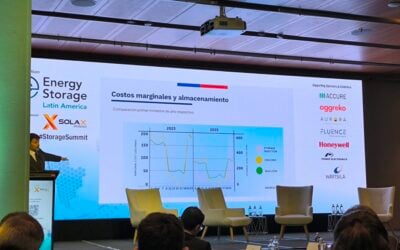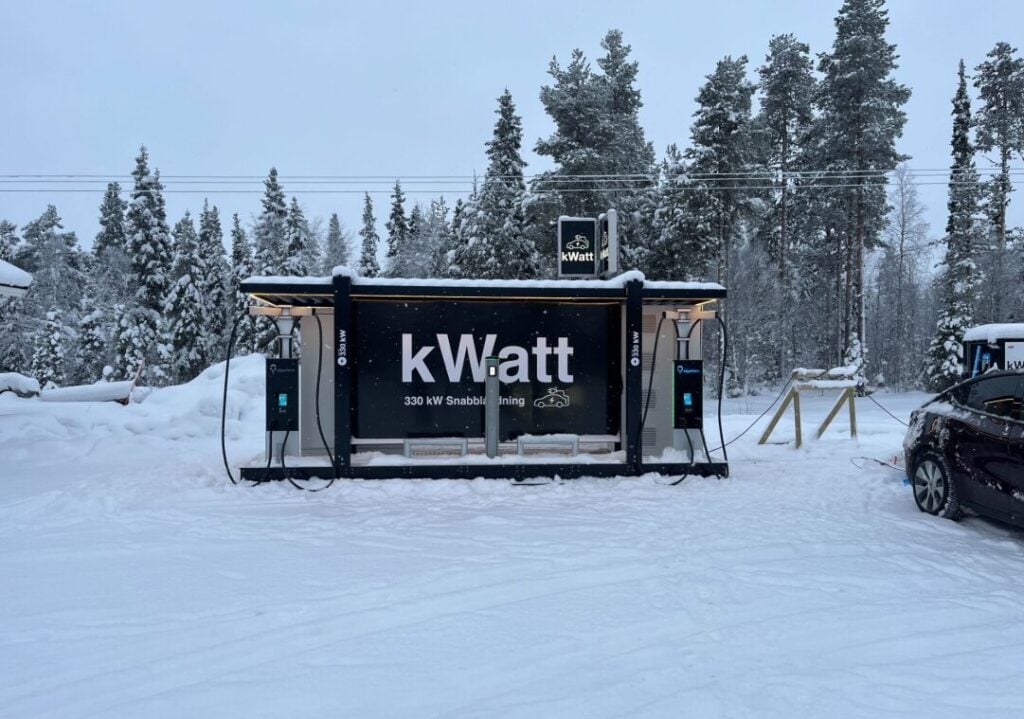
Second life BESS firm Evyon has merged with EV charging infrastructure provider Elywhere, in a partnership centred around the battery technology core to both Norway-based businesses.
The companies have agreed to merge in a move which aims to ‘establish the combined entity as a global leader in the intersection of charging and energy storage’, the announcement said.
Evyon is a ‘second life‘ energy storage firm which repurposes electric vehicle (EV) batteries into battery energy storage system (BESS) while Elywhere specialises in BESS-integrated EV charging solutions with its ES-series product. Norway has one of the highest EV penetrations anywhere in the world, and integrating BESS with charging allows Elywhere’s tech to be deployed in locations where there is insufficient grid.
Evyon CEO Jørgen Erdal will continue as the CEO of the joint entity. Both brands will exist for a period, but in the short-to-medium term, they will both operate under the Elywhere brand.
Try Premium for just $1
- Full premium access for the first month at only $1
- Converts to an annual rate after 30 days unless cancelled
- Cancel anytime during the trial period
Premium Benefits
- Expert industry analysis and interviews
- Digital access to PV Tech Power journal
- Exclusive event discounts
Or get the full Premium subscription right away
Or continue reading this article for free
Speaking to Energy-Storage.news about the merger, Erdal said that Evyon has faced challenges since being founded in 2020 and the Elywhere deal gives it a new route-to-market for its technology. But it also means Evyon can apply its battery expertise to improve Elywhere’s offering in the EV charging space.
“When we started in 2020 a lot of investors were investing in the space, there was a strong need and will to invest in local supply chains. The Northvolts et al were getting crazy amounts of funding, and we came out of Covid and then out of the related supply chain problems,” he explained.
“Then into 2023 we started seeing the European battery industry start to struggle. It got harder to raise money and we saw massive battery price declines from Asia. That put some pressure on us. Competing with China is really difficult.”
“With Elywhere, Evyon can come in with expertise and create value and add capabilities in their ESS systems. We bring our modular energy storage solution and our digital solution, which captures data from the batteries with our own tools and algorithms.”
“An off-the-shelf BMS (battery management system) is not enough for really understanding voltage, current, state-of-charge (SOC) and applying that knowledge to setting C-rates etc.”
Elywhere right now uses new BESS from Norway-based provider Pixii, and going forward it will use both Pixii and Evyon’s second life BESS depending on the customer need, Erdal said. It could also use other suppliers too, he added.
Something close to 95% of new car sales in Norway are EV models and this has led to an expansion of the charging network. Batteries-plus-charging are not the norm, Erdal said, as most connect straight to the grid, but Elywhere targets those where they cannot. Chargepoint operators (CPOs) are starting to add batteries to reduce costs too.
Elywhere has also expanded into what Erdal calls ‘energy orchestration’, which means using spare BESS capacity from the charging station to participate in the electricity market for things like arbitrage.
Evyon’s name may be familiar to readers with CCO speaking to Energy-Storage.news in late 2022 shortly after the firm raised €8 million (US$9 million).
